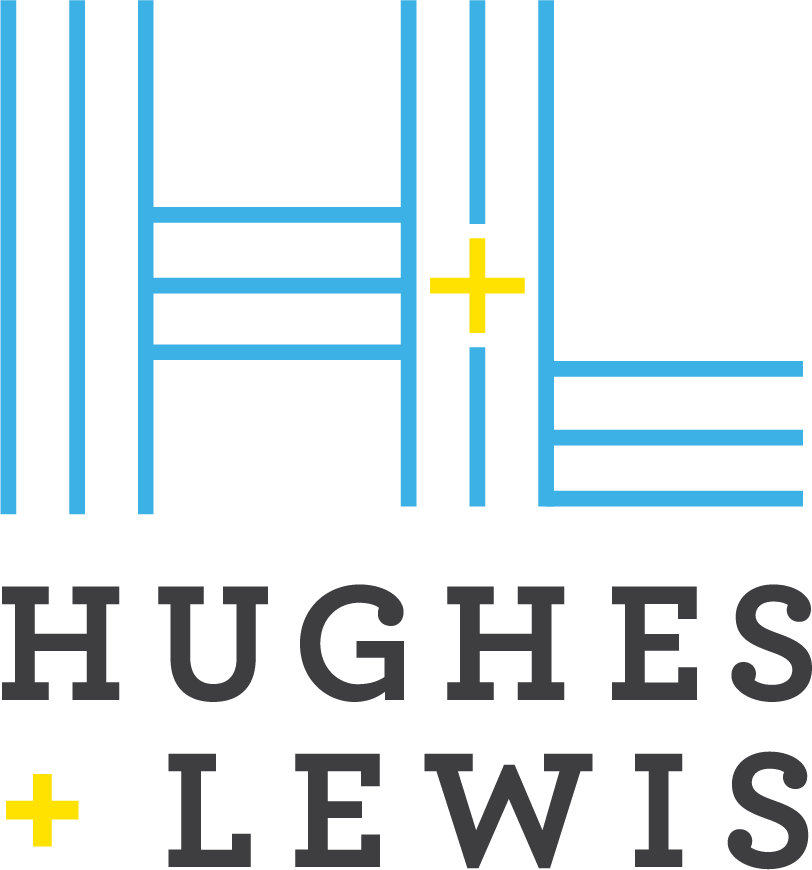What happens if I make a compensation claim
A quick-start guide to the process of making a compensation claim.
Who can make a claim?
People injured, either entirely or partially, due to the fault of another person, group or organisation may be entitled to seek compensation for their loss.
To be eligible to claim compensation, there must be fault or negligence on the part of the other person, which caused the injury. Whether there is a fault or negligence requires consideration of the factual circumstances surrounding the accident and the duty of care owed by that person.
Different types of duties are owed by different people. For example, we all owe duties to other road users to drive safely on roads and follow road rules. A supermarket owes customers a duty to take reasonable steps to make sure there is safe access to its premises. A hospital has a duty to provide competent medical treatment.
The purpose of compensation is to return the injured person to the position they would be in, if the accident had not occurred. This is mostly through monetary compensation although sophisticated insurers now also offer significant medical and rehabilitation services. Some will cover lost wages while your claim is being processed and if you are unable to return to your usual work, will provide you with retraining and other assistance aimed at getting you back on your feet.
While this assistance will help, the nature of your injury may mean you are also entitled to monetary compensation for the losses you have incurred and will continue to incur as a result of the accident.
What is the process?
In order to seek compensation, you will be required to file a Notice of Claim. The Notice of Claim sets out how the accident occurred, the nature of your injury, who is at fault and why they are negligent as well as the amount you claim in compensation. The Notice of Claim is usually drafted by your lawyer, with your assistance. Your lawyer will also determine what further information or evidence is required to support your case.
After receiving your Notice of Claim, the party who the claim is made against will notify their insurer and the insurer will begin investigating the matter. This includes the insurer accessing your medical records, past employer records, online information, taking statements from witnesses and arranging for doctors to examine you.
In all jurisdictions, claims progress to a compulsory conference, unless the parties agree this is not necessary. The compulsory conference is essentially an opportunity for your legal representatives and the insurer to discuss what has happened with reference to legal duties and provides an opportunity to resolve your claim. If the claim is not resolved at the compulsory conference or shortly after, a Court claim will need to be made so the matter can progress through the Court process towards a trial.
How long does it take?
There is no set time limit for when your claim can be resolved. It could be resolved quickly in the process or at a later date. This generally depends on the matters in dispute, the nature of your injuries and even who the insurer is, as some insurers are more likely to be pragmatic and seek to settle claims quickly while others may be more inclined to progress matters slowly.
Generally, the first real attempt to settle claims occurs at the compulsory conference. Under the legislation, the compulsory conference must be held nine months after a valid Notice of Claim is issued, but it can be held earlier as has become common practice.
Where do I start?
If you have been injured in an accident, you should seek legal advice to determine if you are eligible for compensation.
There are a lot of lawyers who offer their legal services on a ‘no win, no fee’ basis which can provide you with the ability to access compensation when it might otherwise be too expensive, but it is still important to ensure you are getting value for the money you will eventually pay from any settlement, you have access to experienced legal advisors to manage your claim and listen to you so you can ensure you are getting the best result.
There are time limits that apply to when you can claim compensation, depending on how the accident occurred so it is important you seek legal advice as soon as you can.
Hughes & Lewis Legal offer our clients access to experienced lawyers who are leaders in personal injuries claims. We are focussed on you accessing all monetary and assistive compensation you are eligible for, so that you can get back on your feet quicker. Contact us for a free, no obligation consultation.
About the author
Belinda Hughes is a Director of Hughes and Lewis Legal
Contact
info@hughesandlewis.com.au

